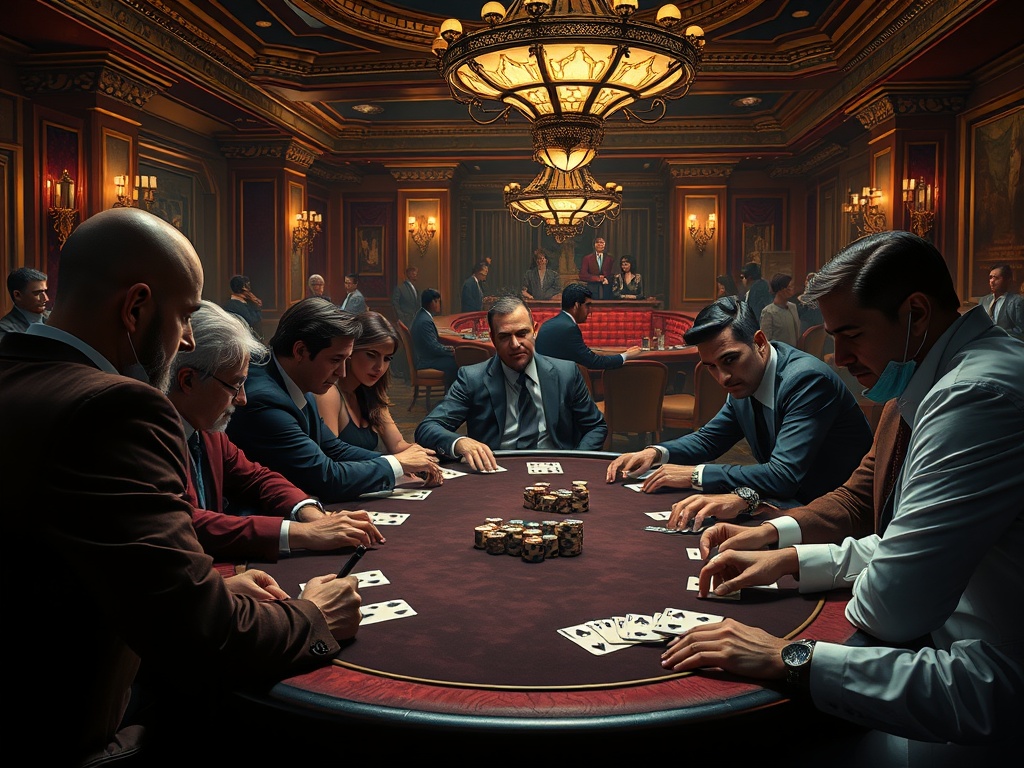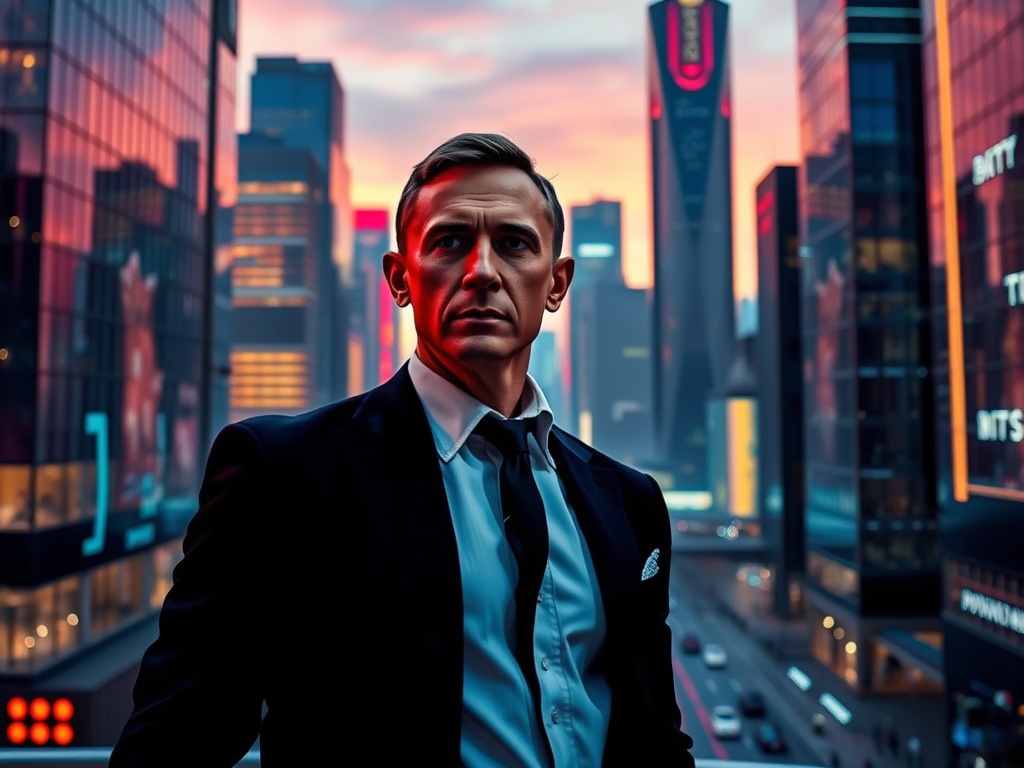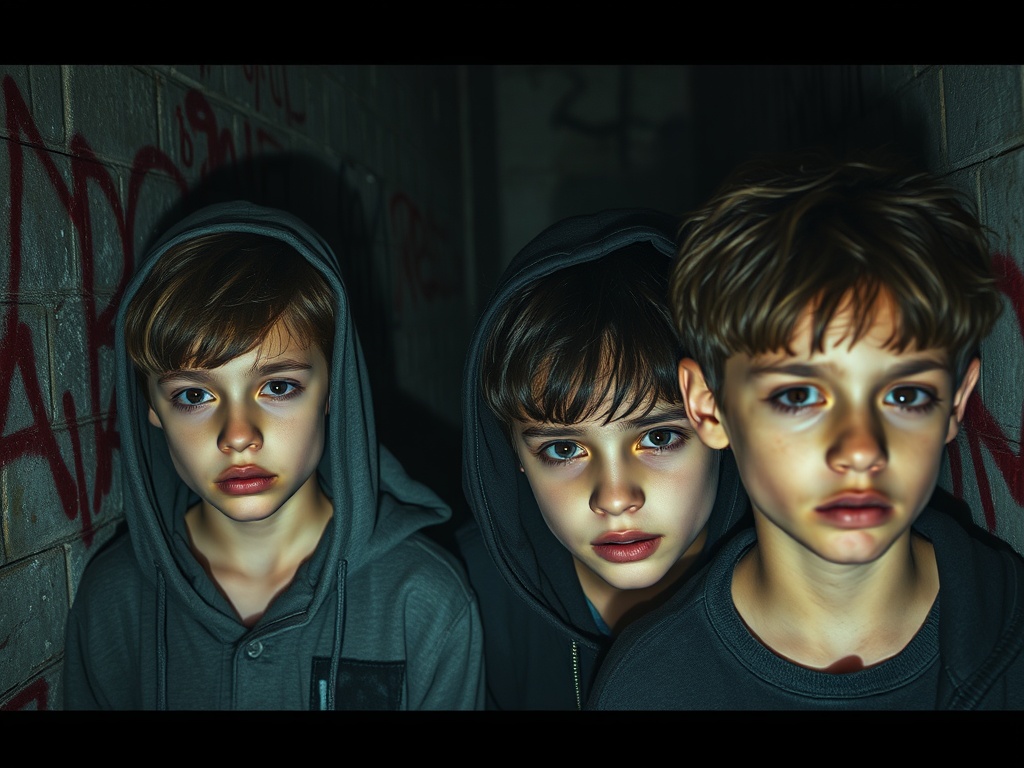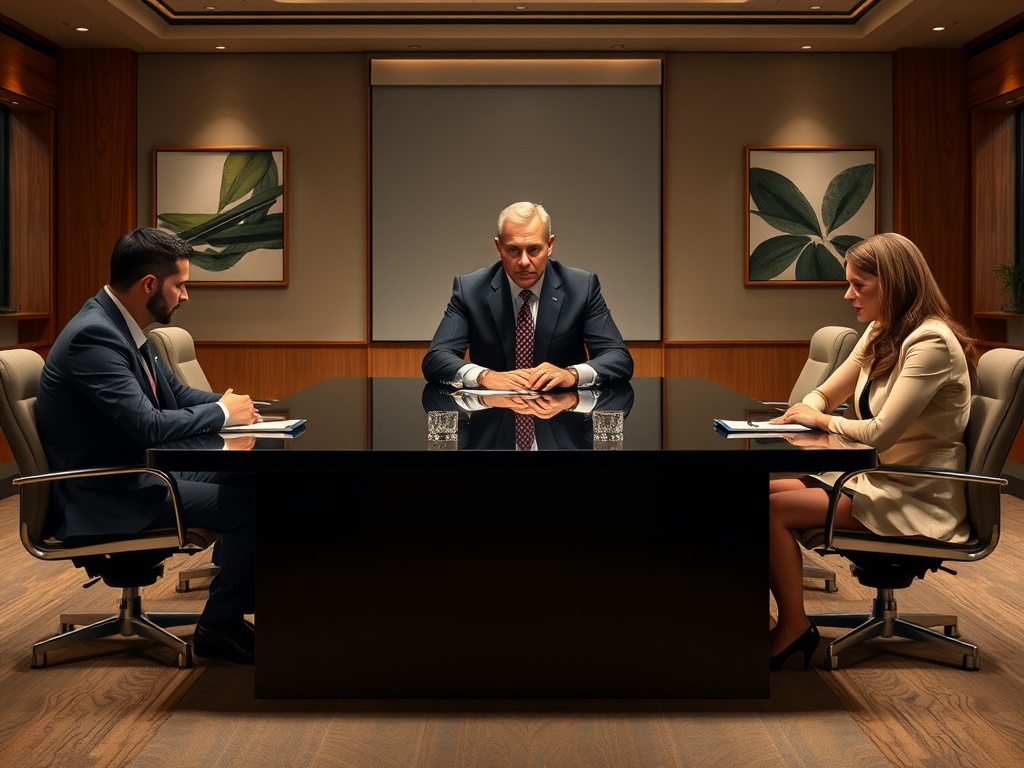The Future of James Bond: A New Era Begins

It’s been four long years since Daniel Craig’s iconic portrayal of James Bond met a dramatic end in No Time to Die, leaving fans in a state of uncertainty. The ongoing hiatus has shifted the conversation away from the traditional query of “who will be the next Bond?” to a more existential “will there even be a next Bond?” As of now, there is no star, no concrete storyline, no script, and no director in sight—just a flurry of rumors swirling around discontent within the franchise.
Last year, The Wall Street Journal reported that producer Barbara Broccoli, who has been a pivotal figure in the Bond universe, expressed her frustrations about Amazon’s handling of the franchise since acquiring MGM in 2022. She reportedly described Amazon’s leadership as “fking idiots” and criticized their focus on “content” rather than the craft of filmmaking.
This week, however, a shockwave has reverberated through the Bond community: Barbara Broccoli, 64, alongside her half-brother Michael G. Wilson, 83, are stepping down, handing over the reins of Bond to Amazon. For over six decades, the Broccoli family has been the guardian of this cinematic legacy. Albert “Cubby” Broccoli initiated the franchise in 1961, and his daughter and stepson have maintained creative control since the 1970s. Their fierce dedication to preserving Bond’s legacy led many to believe that the franchise would remain in the family indefinitely. Now, as they step aside, the future of Bond hangs in the balance.
This change signifies that some movement is finally occurring within the franchise. A new regime could spark much-needed decisions about the direction of Bond, potentially ending years of stagnation, disagreements, and impatience. Bookmakers have been busy placing odds on every attractive British actor under the age of 50 for the role of 007. With new personnel, financial backing, and fresh ideas, the opportunities for the future of Bond are limitless. The challenge lies in the fact that Amazon’s track record, particularly with its Prime Video streaming service, offers little to inspire excitement.
Prime Video is often perceived as the most “blokey” of the streaming services, with a gloomy interface dominated by action-heavy titles like Reacher and Jack Ryan—characters who appear burdened by their heroic duties. The platform’s most popular offerings tend to skew towards sports docuseries and male-centric non-scripted shows such as The Grand Tour and Clarkson’s Farm. While many might think this aligns perfectly with the rugged persona of Bond, the franchise needs more than just an average action hero; it requires a bold reinvention.
Despite the potential for a new Bond to emerge, doubts linger about Amazon’s ability to deliver a fresh and imaginative take on the iconic character. Unlike Apple TV+, known for its curated, big-budget productions, or Netflix, which offers a diverse range of content with a keen understanding of audience preferences, Amazon’s streaming service has struggled to establish a comparable reputation.
Initially, Prime Video made waves with groundbreaking commissions that prioritized quality storytelling over mere viewer numbers. Shows like Transparent (2014), which was the first to win a Golden Globe for a series from a streaming service, and the critically acclaimed The Marvelous Mrs. Maisel (2017), showcased the platform’s potential. However, as the streaming landscape evolved, many services, including Prime Video, shifted focus from quality to quantity, diluting the creativity that once defined their offerings.
- Remakes like Mr. and Mrs. Smith
- Spin-offs such as The Rings of Power, their most expensive project to date
- Generic films like You’re Cordially Invited and Anyone But You
- Predictable adaptations of popular thriller novels
This trend has led Prime Video to become synonymous with safe, bingeable content rather than daring ventures. So, what Bond truly needs now is a breath of fresh air—a willingness to take risks. While some may advocate for a female Bond, I believe that creating compelling new female characters would be a more profound approach rather than merely inserting identity politics into an established male character.
However, the changes Amazon might implement could also pose significant risks. Will we see an American actor take on the role of Bond? Could future installations prioritize streaming releases over traditional cinema, potentially undermining box office revenues worldwide? Will the brand’s integrity be compromised, much like the Star Wars franchise after its acquisition by Disney, resulting in an endless stream of spin-offs and extended universes? With a wealth of Bond lore available, it’s tempting to speculate on which characters could receive their own origin stories.
Even more concerning is how Jeff Bezos’s focus on retaining Prime Video’s global subscriber base might impact the essence of Bond. The franchise has historically served as a cultural touchstone in British cinema, reflecting the geopolitical climate through its charismatic hero and formidable villains. This purpose may clash with the priorities of a streaming service aiming to appease a diverse global audience while also catering to the interests of a singular American billionaire. The risk is that Bond could become a bland, inoffensive version of its former self, losing the edge that has made it a hallmark of cinematic excellence.




